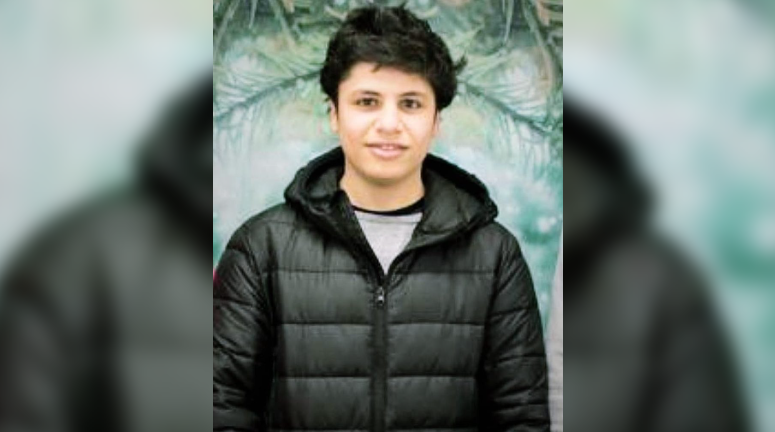New information raises questions about existence of brain syndrome in New Brunswick
Posted Oct 27, 2021 09:08:15 PM.
FREDERICTON — New Brunswick’s health minister said Wednesday there are serious questions about whether reports of a mysterious brain disease that has alarmed residents and stumped the province’s medical community are substantiated.
Dorothy Shephard told a news conference in Fredericton that an epidemiological study has found no known food, behaviour or environmental exposure that could have caused the symptoms of a mystery brain syndrome.
“While I am not going to predetermine the outcome of the clinical investigation, I do think we are getting closer to a determination,” the minister said. “I also believe Public Health has significant reason to question the validity of an unknown neurological illness.”
In March, New Brunswick health officials alerted the province’s doctors, nurses and pharmacists about a cluster of residents with an unknown and potentially new neurological syndrome with symptoms similar to those of Creutzfeldt-Jakob disease. Since then, 48 individuals have been identified in the cluster of cases, and as of Wednesday, nine of them had died.
New Brunswick health officials say 34 of the families were surveyed, leading them to examine foods such as lobster, blueberries, moose and deer meat, but nothing was found that could have explained the symptoms.
The findings released by Shephard follow a report this month by neuropathologist Dr. Gerard Jansen of the University of Ottawa, who examined eight deaths in the province initially linked to the mystery syndrome and concluded they were all due to known diseases.
A summary of the study posted on the Canadian Association of Neuropathologists website, says the original cases were “misclassified clinical diagnoses.” Jansen was out of the country and unavailable for comment Wednesday.
Most of the patients in the presumed cluster were from the Acadian Peninsula in the northeast of the province, or from the Moncton area. Common symptoms included memory problems, muscle spasms, balance issues, blurred vision, and weight loss.
Shephard wouldn’t say the individuals were initially misdiagnosed, saying she doesn’t want to predetermine the outcome of a study by an oversight committee of six neurologists who are to report early next year.
“Forty-six of the 48 cases are from one neurologist. We need to make this bigger than one neurologist,” Shephard said. “An independent, unbiased oversight committee needs to do its work so we can validate the finding or see if there is another diagnosis.”
The minister said there have been gaps in the reporting process that allowed the situation to escalate, “often without oversight.”
Shephard said some of those gaps were within the province, while others were in efforts to get information from federal health officials. She said it took seven months before provincial officials were given the autopsy results on eight of the people who died.
“We know this has been, and continues to be an emotional, difficult and trying time for everyone,” she said. “The clock has not stopped on our work. The oversight committee has committed to complete its work as expeditiously as possible.”
But Steve Ellis, whose 64-year-old father Roger Ellis is among the identified cases, said it’s unacceptable that families must now wait until the new year for results from the oversight committee. “This should be expedited,” he said in an interview Wednesday.,
He called the minister’s news conference very discouraging. “I think the entire press conference was a display of how disorganized and incompetent they are in handling this,” he said. “It was very frustrating and discouraging to hear we are nowhere further than we were in June.” He questioned how officials could now be so “dismissive” of the prospect of a new syndrome when a few months ago they said the opposite.
He said the families plan to remain vocal until the investigation is complete.
This report by The Canadian Press was first published Oct. 27, 2021.
Kevin Bissett, The Canadian Press








